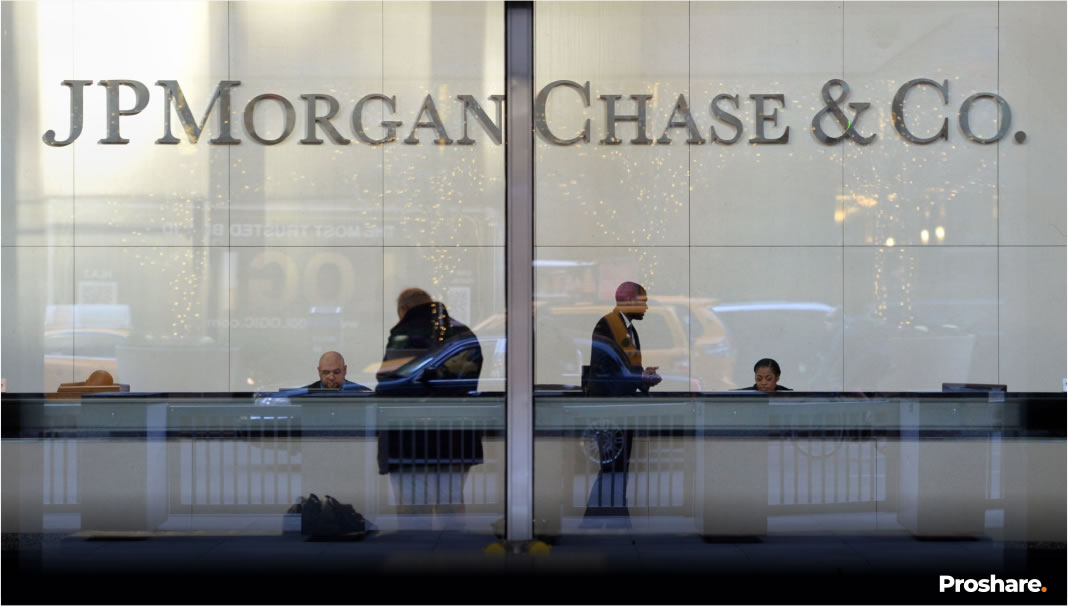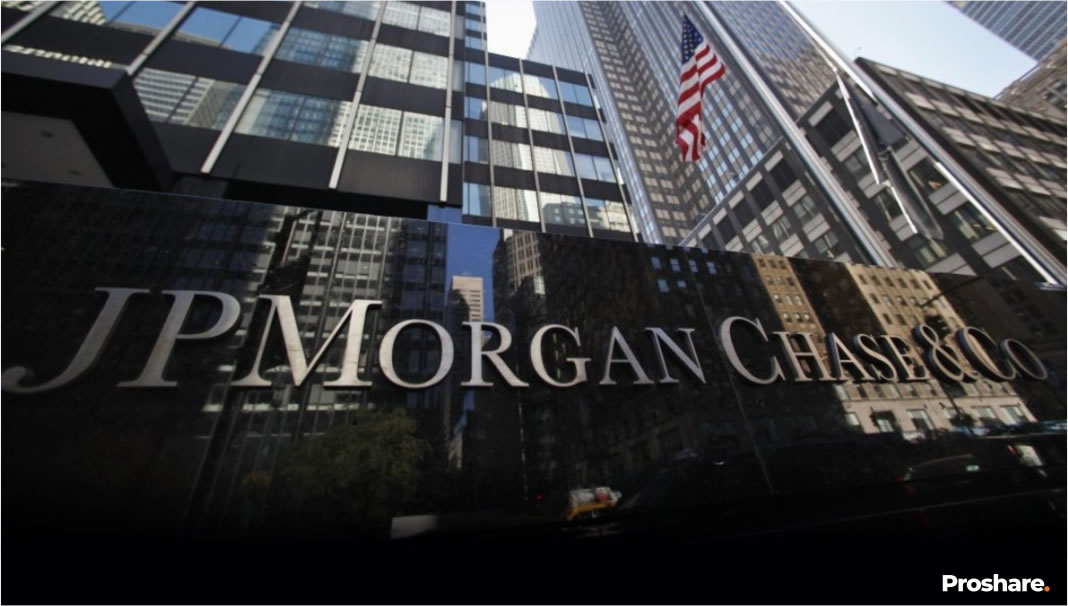Thursday, May 12, 2022 / 9:07 AM / by United Capital Research / Header Image Credit: FT
According to recent media reports quoting a recently released report from JP Morgan, the financial institution heavyweight has removed Nigerian Eurobonds from the "overweight" category of its emerging market Eurobond recommendations. Excerpts from the report stated the decision to downgrade its recommendation on Nigerian Eurobonds was informed by the country’s inability to exploit the recent rally in crude oil prices.
Although oil prices have rallied since 2021, Nigeria has continued to witness sustained decline in crude oil production and exports, due to unabating pipeline vandalism, oil theft, and pass-through effect of years of underinvestment in Nigeria’s oil infrastructure.
As a result, in what we have confirmed earlier this year, the report stated that Nigerian National Petroleum Corporation (NNPC) has failed to make remittances into the Federation account, as the limited proceeds have been used to mainly fund petroleum import subsidies.
In 2022, policy normalisation by the US Federal Reserve and sustained USD-denominated debt capital raising by the Nigerian sovereign has underpinned a weak outing for Nigerian Eurobonds in 2022. For context, average yield on Nigerian Eurobonds have climbed 346bps YTD to 10.7% (as of 6-May), evidencing the aggressive selloffs from investors before the news of JP Morgan’s downgrade broke.
This news creates a different headwind for the performance of Nigerian Eurobonds for the rest of 2022. In response to the announcement, we have observed further selloffs with average yield on Nigerian Eurobonds climbing 86bps since the news broke.
Looking ahead, we expect Nigerian Eurobonds to continue to underperform. This is because several investors would continue to reduce their exposure to Nigerian Eurobonds (sovereign & corporate) following the release of the report. That said, we believe local investors may become attracted to these instruments as their yields climb higher. For example, average yield on Nigerian Eurobonds (at 11.5% as of 11-May), is higher than average yield on sovereign naira bonds (at 11.3% as of 11-May). Thus, local investors may consider this an attractive opportunity to earn higher interest while also hedging currency risks.
 Lagos, NG • GMT +1
Lagos, NG • GMT +1











 399 views
399 views










 Sponsored Ad
Sponsored Ad
 Advertise with Us
Advertise with Us









